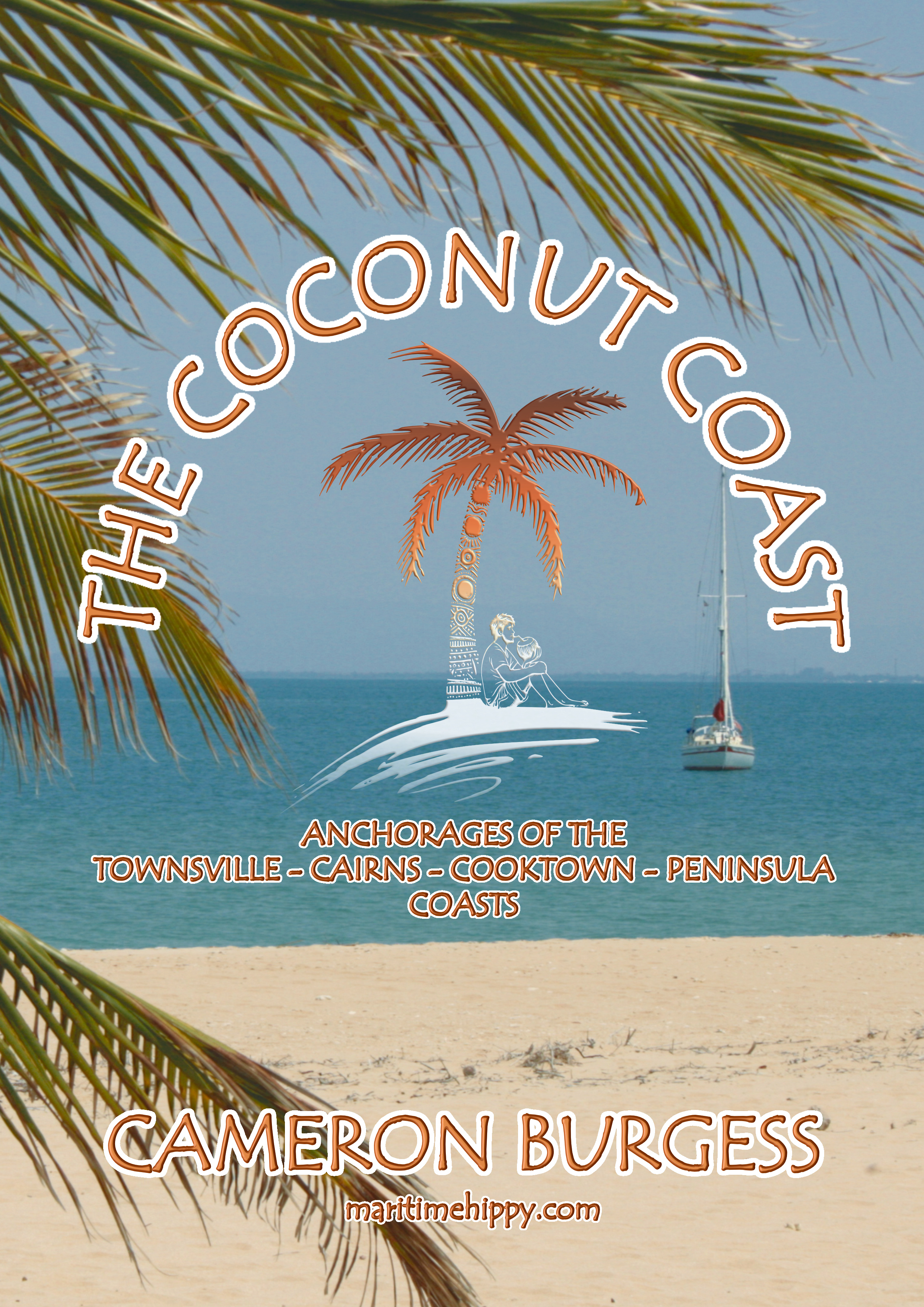There’s a big lie about plastic — that you can throw it away. But that’s not true; there is no “away.”
When going ashore and walking on an island beach we are visiting I always take a bag because I know that amongst the seaweed, coconut husks and coral there will be plastic. Sometimes big bits. Mostly small bits. But lots of it. Everywhere. We made this stuff. We used it, probably once, and then threw it away.
It only takes a few minutes a day. But it’s our responsibility to clean it up. It's societies responsibility to stop this madness.
Friends, over the next week — just once — spend some time picking up plastic around your marine environment — whether that be at a beach, a river bank or a small creek. Depending on where you are there will be big, obvious bits. But I urge you to take the time and collect the very small pieces — they matter too. And over this next week, be conscious of the amount of plastic you consume and think of where it goes once it’s served its fleeting purpose.

This is Indian Bay, on the southern side of Cape Grenville in Far North Queensland. This remote beach lies 210 nM north of Lizard Island, 250nM north of Cooktown and 340nM north of Cairns.
At Cape Grenville there is no settlement nor township. Cooktown is the last big town on the mainland, and Cairns the closest city. Yet even in this remote part of Australia, waste from here and around the world has ridden the currents and trade winds to Indian Bay. Mangrove trees dangle bits of plastic and rope from their branches marking the high tides line. It is an absolute disgrace. This reliance on throw-away plastic is strangling our environment.
Alarmingly this beach is typical of most beaches that face the trade winds in North Queensland and where there is no active clean up regime by the community.
The longer-term solution is to use less. By reducing the amount of plastic we use we will make a more profound impact than by recycling alone.
It's surprisingly easy to achieve. It just takes a little mindfullness and a little planning to make new habits. Here's a few things you can do right now.
- Refuse disposable coffee cups. Take your own or ask in store for a mug.
- Don't buy fast food which is over packaged.
- Take reusable shopping bags to the supermarket. Take containers to the deli and have them put your meat and cheeses straight into them rather than wrapping them in plastic.
- Always carry a stainless steel water bottle. In Australia, there is never an excuse to buy water in a plastic bottle.
- Use a traditional soap bar, not liquid soaps that come in plastic bottles.
These are just a few suggestions to get you started on your reduced plastic lifestyle. If it seems overwhelming, choose three things and enact them. Then next week, choose three more things.
There is so much more than you can do. Go on, just do it.
Experience Counts!
NORTH QUEENSLAND'S ANCHORAGE ENCYCLOPAEDIA
Discover The Coconut Coast: Anchorages of the Townsville, Cairns, Cooktown and Peninsula (Cape York) Coasts from Gloucester Island in the northern Whitsundays all the way north to Princess Charlotte Bay. Experience counts. Cruise with local knowledge.
